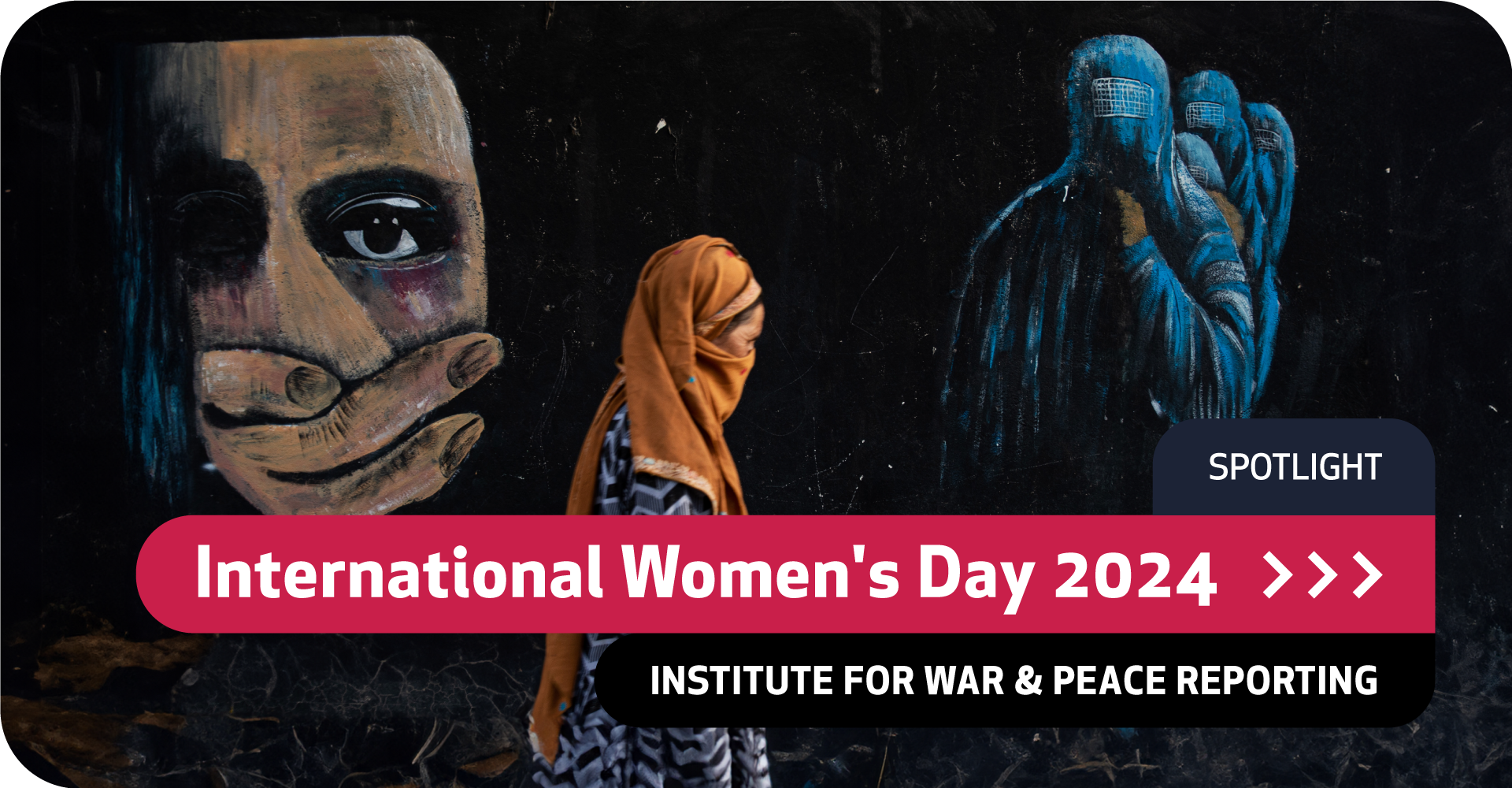Moldova’s Women Mayors
Local elections see growing representation as candidates defy barriers.
Moldova’s Women Mayors
Local elections see growing representation as candidates defy barriers.
When Zinaida Mocanu stepped down from her job as a head teacher at the age of 65, she decided that a quiet retirement was not for her. Instead, she ran for mayor of her local commune of Obreja Veche in Fălești district in northern Moldova.
“I didn't stay at home, I came to Town Hall,” she said.
In the November 2023 local elections, Mocanu, now 69, won a second term, making her the oldest woman to be elected mayor in Moldova.
“We women deserve to have the same opportunities as men to contribute to government.”
“In my first term, I didn't manage to do all the projects I wanted to do, so I ran again,” she explained, adding that her current goal was to introduce new water infrastructure to the local community.
Female participation in local politics also sent a strong message to the wider society, Mocanu stressed.
“We women deserve to have the same opportunities as men to contribute to government,” she continued. “By getting involved in local government, women become role models for other women and girls.”
Despite widespread conservative and often sexist stereotypes, Moldova’s most recent local elections demonstrate how women are playing an increasingly prominent role in the country’s political life.
According to Moldova’s Central Election Commission, 30.3 per cent of all candidates running for mayor in the 2023 local elections were women, an increase of three per cent from the 2019 elections and seven per cent compared to those in 2011.
“Women remain underrepresented due to the persistence of patriarchal attitudes and deep-rooted stereotypes.”
Nationally, the figures are even higher; in 2021, the number of women in parliament reached a record high of over 40 per cent.
But women in public life often face gendered abuse and disinformation online and in the media.
"During election campaigns, women candidates are subjected to slander, hatred, sexist speech, gender discrimination and violence,” noted a report from UN Women in Moldova, an agency promoting gender equality and empowerment.
“Women remain underrepresented in the labour market due to the persistence of patriarchal attitudes and deep-rooted stereotypes. Women from underrepresented groups (Roma women, women with disabilities, rural women) have even lower employment rates due to multiple forms of discrimination.”
When former prime minister and pro-European politician Maia Sandu became the country's first ever female president four years ago, a relentless campaign against her focused on the fact that she was not married and had no children.
In one speech her opponent, pro-Russian incumbent Igor Dodon urged Moldovans not to vote for Sandu because “she is not interested in what is happening in the country.
“Because she has no children here, she has nothing,” he said.
However, in recent years, Moldova has adopted several laws to promote the participation of women in political life, including changing the electoral code regarding the quota of representation.
An important step for the respect of women's rights was the ratification of the Council of Europe Convention on Preventing and Combating Violence Against Women and Domestic Violence in October 2021. Commonly known as the Istanbul Convention, this prohibits discrimination on the basis of gender and sexual orientation, and other legislation is being amended and modified to improve and bring it in line with international standards.
Those working at a local level report that despite initial prejudice, many constituents came to feel that having a woman at the helm of a community supported more effective action on specific issues such as reproductive health, domestic violence, education and gender equality.
That has been the experience of Mariana Dîmcenco, who in November 2023 became Moldova’s youngest district chairwoman.
The 33-year-old had already served one term as mayor of Bucovăț a small town in central Moldova. She ran unopposed to serve another four years and in the same elections became a district councilor, a position that also made her chairwoman of the Strășeni District Council.
Dîmcenco recalled overcoming gender bias during her initial run for office in Bucovăț.
“Before running for mayor in 2019, I worked at the town hall in the cadastral department. I helped people with various problems and questions related to land or houses,” she said. “In this way, I gained the trust of many people through communication and transparency. But some people wondered, ‘What will this child be able to do as mayor? Or, a woman, and a young one at that?’ But I won the election, and for four years I worked with the residents for the good of the community. This convinced many people that age, gender, region or social status don't matter if you want to do good," Dîmcenco said.
In November 2023, she ran unopposed for another term in the same position.
“I have continued to talk to people about local issues and to look for solutions together,” Dîmcenco continued. “I always felt the support of the residents of Bucovăț, and when they heard that I was leaving the town hall and going to Strășeni, some even cried.”

